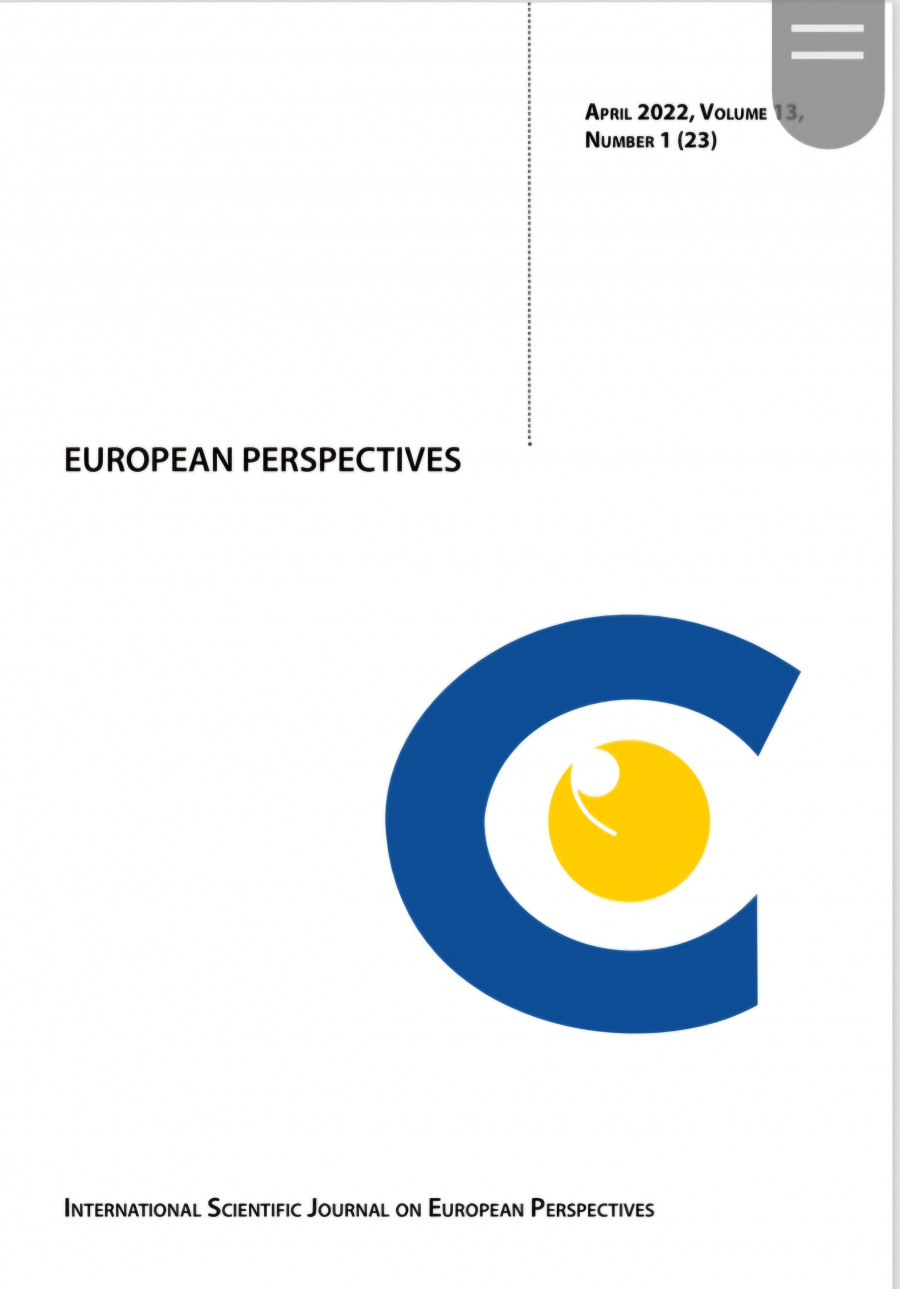Characteristics of International Development Cooperation of New Development Actors: The Case of Croatia
Characteristics of International Development Cooperation of New Development Actors: The Case of Croatia
Author(s): Jana ArbeiterSubject(s): Politics, Governance, Economic policy, International relations/trade, Economic development
Published by: IFIMES Mednarodni inštitut za bližnjevzhodne in balkanske študije
Keywords: international development cooperation; official development assistance; South-South cooperation; new development actors; Croatia;
Summary/Abstract: The paper discusses the characteristics of Croatia’s international development cooperation. International development cooperation, which is a very broad concept and often difficult to define, is understood in the 21st century as a variety of public and private international activities aimed at supporting development priorities, set in internationally agreed development goals. Based on a review of primary and secondary sources, a conceptualization and operationalization of key concepts, and a critical analysis of the characteristics of Croatia’s international development cooperation, the article offers insight into how Croatia uses the principles of international development cooperation. With a short history as a development actor, the analysis shows that Croatia perceives traditional development cooperation in terms of official development assistance as inefficient, not offering enough possibilities for actors such as Croatia. That is why its development cooperation focuses through two-way horizontal partnerships, which is more in line with the approaches of new development actors of the Global South. According to our analysis, this can help Croatia maximize the potential of development cooperation as a means of foreign policy.
Journal: International scientific journal European Perspectives
- Issue Year: 13/2022
- Issue No: 1 (23)
- Page Range: 83-101
- Page Count: 19
- Language: English

